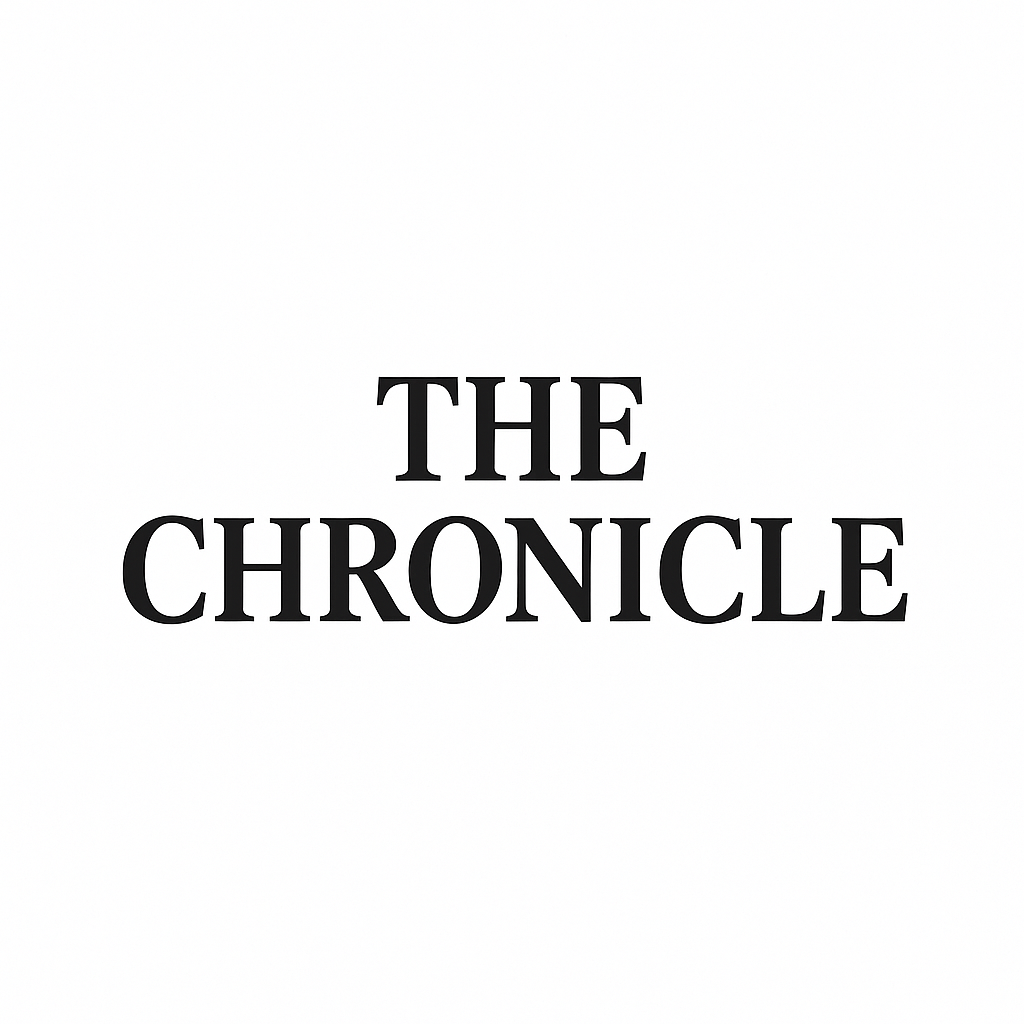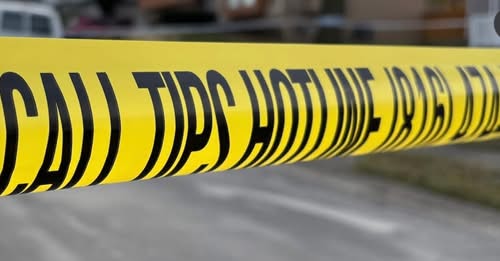CHICAGO, IL — A devastating wave of gun violence rocked Chicago over the Labor Day weekend, leaving eight people dead and more than 50 others wounded in 37 separate shootings. The bloodshed, which spanned from Friday evening through early Monday morning, has once again thrust the city into a painful conversation about safety, prevention, and the toll of unchecked gun violence.
A Deadly Holiday Weekend
Police said the violence unfolded across multiple neighborhoods, from the South and West Sides to other parts of the city. Victims ranged from teenagers to adults, with many of the shootings occurring late at night or in the early morning hours.
Among the dead was a 17-year-old boy fatally shot while walking near his home, a 32-year-old man killed during what police believe was a targeted attack, and several others caught in crossfire. In many cases, suspects fled the scenes before officers arrived, leaving investigators searching for answers.
“This is heartbreaking,” one Chicago police official said. “No holiday should end in tragedy like this. Too many families are grieving today.”
Families Left in Shock
For the families affected, the long weekend turned into a nightmare. Outside a hospital on Sunday morning, relatives of one victim sobbed as they awaited updates from doctors. “He was just trying to get home,” one family member said, “and now he’s gone.”
Local community leaders emphasized that the violence does not just claim lives—it leaves scars on entire neighborhoods. “Every bullet fired is a ripple effect,” said Rev. Corey Brooks, a pastor on the city’s South Side. “Children lose parents, parents lose children, and communities lose hope.”
A Pattern of Holiday Violence
Sadly, Chicago is no stranger to spikes in gun violence over summer holidays. Memorial Day, Fourth of July, and Labor Day weekends often see an increase in shootings as more people gather outdoors and tensions escalate.
This year’s Labor Day toll follows a troubling trend. According to police statistics, Chicago has already recorded hundreds of homicides in 2025, with the majority involving firearms. Despite targeted policing strategies, violent crime remains a persistent crisis.
City Officials Respond
Mayor Brandon Johnson condemned the violence, calling it “unacceptable and deeply painful.” He emphasized that reducing shootings requires more than just policing—it also demands investments in youth programs, mental health services, and economic opportunities in underserved neighborhoods.
“Every one of these lives mattered,” Johnson said during a press briefing. “We cannot normalize this level of violence in our city.”
Chicago Police Superintendent Larry Snelling said officers had increased patrols over the holiday but acknowledged the challenges. “We were present, we were proactive, but we can’t be everywhere at once,” he said. “We need the community’s trust and cooperation to stop this cycle.”
Community Groups Step In
Local organizations also mobilized over the weekend, setting up safe spaces, hosting block parties, and patrolling streets to keep gatherings peaceful. Yet despite their efforts, the shootings persisted.
“We’re doing what we can, but it feels like a losing battle,” said activist Tamar Manasseh, who leads Mothers/Men Against Senseless Killings (MASK). “The city has to take this seriously—not just when there are headlines, but every single day.”
Looking Forward
For residents of Chicago, the aftermath of this Labor Day weekend is a mix of grief, anger, and frustration. Calls for stronger gun laws, increased community investment, and better cooperation between police and neighborhoods are growing louder.
But for now, the city is left with the devastating reality: eight more lives cut short, 50 more people injured, and dozens of families forever changed.
“This isn’t just statistics,” one resident said. “These are our brothers, sisters, children, and neighbors. We can’t afford to lose any more.”


Leave a Reply